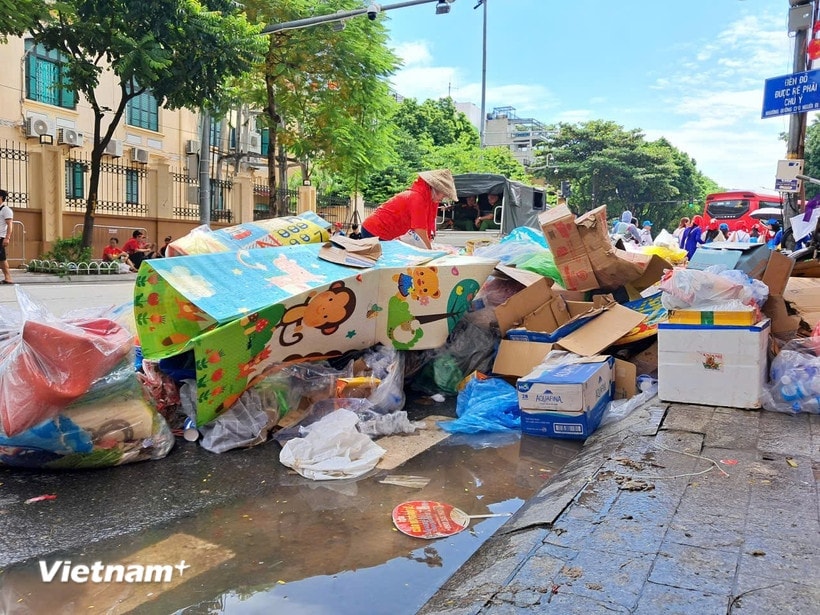
Faced with the current situation of domestic solid waste still being scattered in many localities, especially in Hanoi and Ho Chi Minh City, Deputy Director of the Department of Environment ( Ministry of Agriculture and Environment ) - Mr. Ho Kien Trung emphasized the need for a Resolution of the National Assembly on improving the effectiveness and efficiency of promulgating and implementing policies and laws on environmental protection.
Sharing with reporters, Mr. Ho Kien Trung proposed studying the restructuring of budget expenditure tasks for environmental protection in a focused and key direction; focusing on solving long-standing environmental problems; investing in essential environmental infrastructure works such as infrastructure systems for collecting, classifying and treating domestic solid waste.
Asynchronous infrastructure, limited awareness
- Could you please tell us about the collection and classification of domestic solid waste nationwide, especially in Hanoi and Ho Chi Minh City in recent times?
Deputy Director Ho Kien Trung: According to statistics, before the merger of provinces and cities, the total amount of domestic solid waste generated nationwide was about 69.4 thousand tons/day, of which the treatment rate reached 91%.
Of which, urban areas generate about 37.25 thousand tons/day, the treatment rate reaches 97.28%; rural areas generate about 32.15 thousand tons/day, the treatment rate reaches 80.5%, of which about 59.32% is buried (a decrease of 30% compared to 2012).
In Hanoi alone, the amount of waste generated is about 7,300 tons/day; in Ho Chi Minh City, about 14,000 tons/day. The total amount of waste from these two cities accounts for about 23% of the country's waste.
Regarding the collection and classification of domestic solid waste, localities are currently mainly at a small scale and pilot scale. As of June 30, 2025, only 32/63 localities have piloted the classification of domestic solid waste.
In some localities, rural solid waste is self-treated by some households in the following ways: as animal feed, bedding, or buried or manually burned in home gardens.
- As you shared, the current work of classifying domestic solid waste is mainly limited to small scale and is only piloted . In many places, garbage is still scattered. So what are the difficulties, obstacles, and causes of this situation?
Deputy Director Ho Kien Trung: The first difficulty and challenge in classifying, collecting and treating waste in large cities is the lack of synchronous technical infrastructure from classifying, collecting, transporting and treating domestic solid waste after classification. This leads to a lack of technical infrastructure for collecting, transporting and treating domestic solid waste after classification.
In particular, there is a lack of infrastructure and technology to recycle and treat food waste and organic waste (which accounts for a large proportion, about 50-60% of the total waste volume) to convert into biomass energy (such as humus, compost, biomass electricity) or to process into animal and poultry feed.
Furthermore, mechanisms to mobilize social resources for waste collection, classification, recycling, and treatment already exist, but their implementation is still limited, so mobilized resources have not met the demand.
Notably, the principle of "polluters must pay for treatment costs" has not been thoroughly applied, especially the lack of sufficient collection fees for collection, transportation and treatment services, thus not promoting private resources to invest in the collection, transportation and treatment of domestic solid waste.
In addition, the awareness and sense of responsibility of some party committees, authorities, organizations and people are not adequate about the importance of waste classification to turn waste into resources.
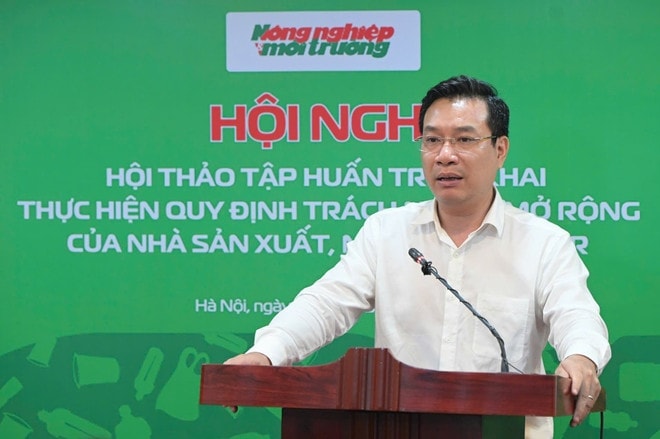
In addition, the work of mobilizing households and individuals to raise awareness and sense of responsibility for classifying domestic solid waste from localities has not been widespread enough, and has not yet created habits and lifestyles for people. Although these are core tasks, the prerequisites, deciding the success or failure of the work of classifying domestic solid waste at households and individuals, they are the responsibility of the People's Committees of provinces and cities.
Mobilizing business resources in waste treatment
- Given the above situation, what solutions does the Ministry of Agriculture and Environment have in the coming time to solve the problem of waste in urban areas?
Deputy Director Ho Kien Trung: Based on the assessment of key issues in the implementation of waste classification, collection and treatment in large cities in the recent past, the Ministry has determined that in the immediate future (in 2025 and 2026), the Ministry of Agriculture and Environment will urgently complete legal documents and technical guidelines in the management of domestic solid waste.
Accordingly, the Ministry of Agriculture and Environment will review the shortcomings in the management of domestic solid waste in the Law on Environmental Protection and the decree to propose amendments; issue a Circular promulgating national environmental technical regulations on domestic solid waste landfills...
The Ministry is also advising the Government to report to the National Assembly through the National Assembly's Supreme Supervisory Delegation on "Implementation of policies and laws on environmental protection since the Law on Environmental Protection 2020 took effect" to have a Resolution of the National Assembly on improving the effectiveness and efficiency of promulgating and implementing policies and laws on environmental protection.
In particular, the Department proposed to allow research to restructure budget expenditure tasks for environmental protection in a focused and key direction; invest in essential environmental infrastructure works such as systems and infrastructure for collecting, classifying and treating domestic solid waste.
In addition, the ministry is also consulting to submit to the Government a Resolution on "Promoting the mass movement to protect the environment, focusing on classifying, collecting, recycling, and treating waste for a bright-green-clean-beautiful Vietnam."
For localities, it is necessary to urgently develop and promulgate technical processes, economic-technical norms, promulgate maximum prices and specific prices, and forms of collection of prices for collection, transportation, and treatment of domestic solid waste according to the mass or volume of waste, which must be treated according to each type according to regulations.
- In the long term, what solutions does the Ministry of Agriculture and Environment have to ensure that domestic solid waste is collected and treated in the direction of a circular economy?
Deputy Director Ho Kien Trung: In the long term, we will continue to accompany ministries, branches and localities in continuing to strengthen propaganda, mobilization and guidance to raise public awareness of the management and classification of domestic solid waste.
The Ministry of Agriculture and Environment will also focus on mobilizing and seeking international projects to build capacity and technical infrastructure for localities to effectively collect, classify, recycle and treat waste.
In particular, the Ministry determined to promote the implementation of the responsibility policy of organizations and individuals producing and importing in the collection, recycling and treatment of waste from products and packaging generated by enterprises producing and importing, in order to mobilize resources of enterprises in the collection, classification, recycling and treatment of waste.
On the local side, it is necessary to immediately deploy synchronous investment in technical infrastructure from classification, collection, transportation, and treatment of domestic solid waste after classification in accordance with the province's planning after the merger as soon as the National Assembly and the Government issue medium-term public investment projects for 2026-2030.
Localities also need to continue to promote, regularly and long-term, propaganda work, mobilizing the participation of the whole society in environmental protection, in which the Vietnam Fatherland Front and its member organizations such as the Youth Union, Women's Union, Veterans Association, Farmers' Association, etc. play a core role in organizing, guiding and supervising the implementation of reducing the generation, classification, collection, transportation, recycling and treatment of domestic solid waste.
Thank you very much!
PV (synthesis)Source: https://baohaiphong.vn/phan-loai-va-xu-ly-rac-thai-can-dau-tu-cong-trinh-ha-tang-moi-truong-thiet-yeu-520242.html





![[Photo] General Secretary To Lam chaired the Politburo's working session with the Standing Committees of Party Committees of Central Party agencies.](https://vphoto.vietnam.vn/thumb/1200x675/vietnam/resource/IMAGE/2025/9/9/8343386e1e8f43c6a3c0543da7744901)
![[Photo] Cambodia's Techo International Airport Officially Opens](https://vphoto.vietnam.vn/thumb/1200x675/vietnam/resource/IMAGE/2025/9/9/330836bb28ad4ee4bdd512cc1a2d0849)


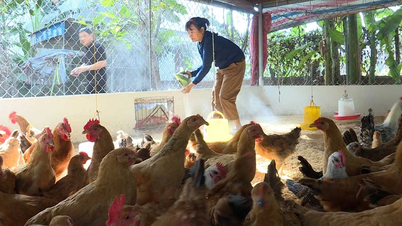

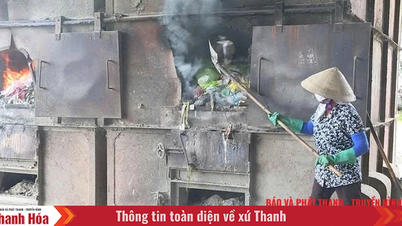


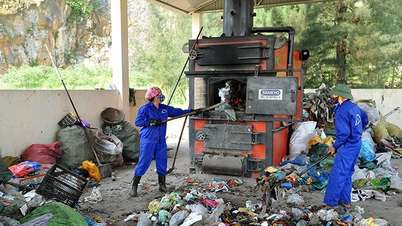

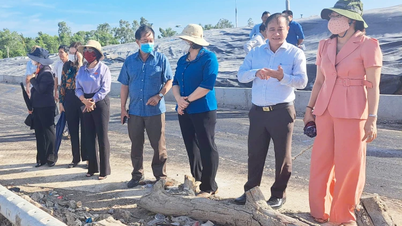


















![[Photo] Politburo works with the Standing Committees of Vinh Long and Thai Nguyen Provincial Party Committees](https://vphoto.vietnam.vn/thumb/1200x675/vietnam/resource/IMAGE/2025/9/8/4f046c454726499e830b662497ea1893)







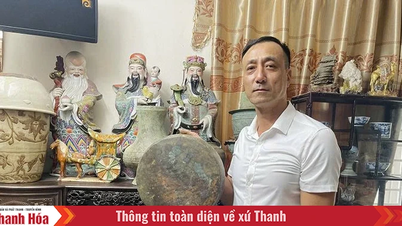


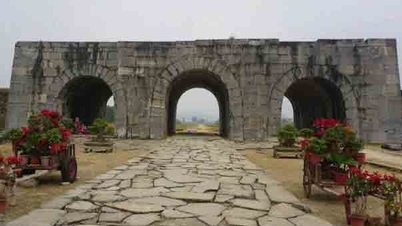
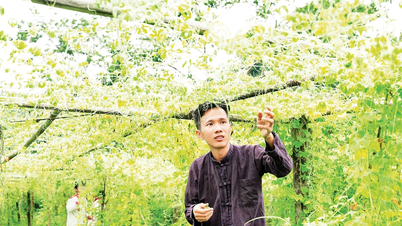

































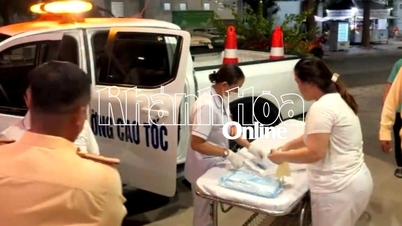



















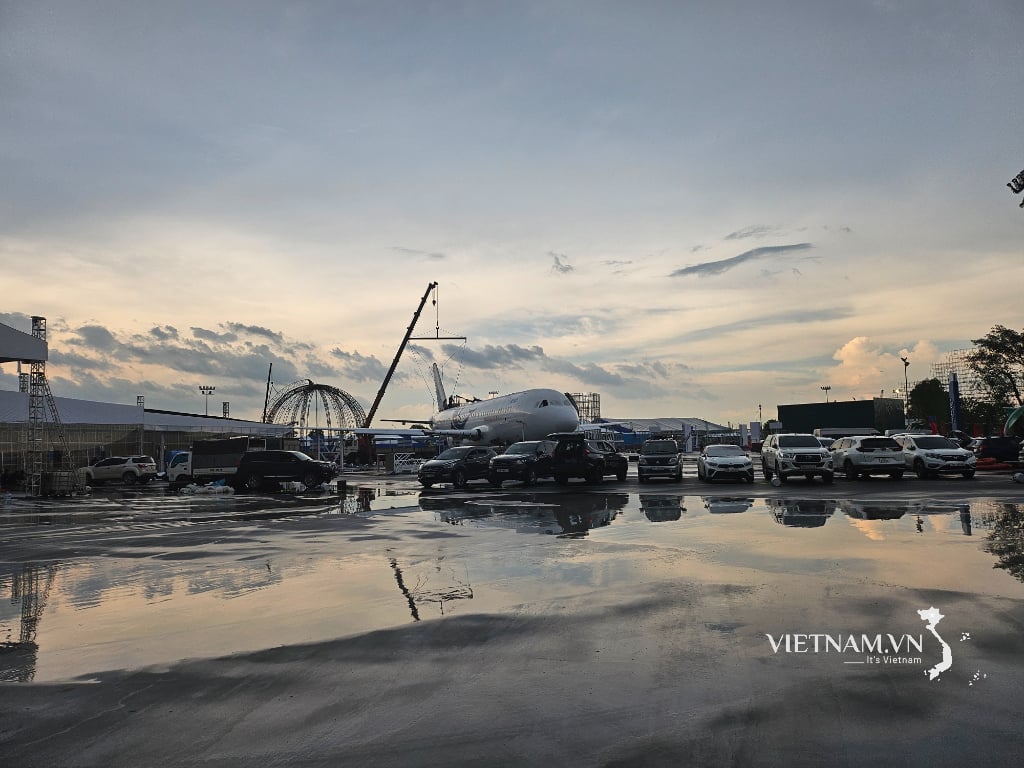
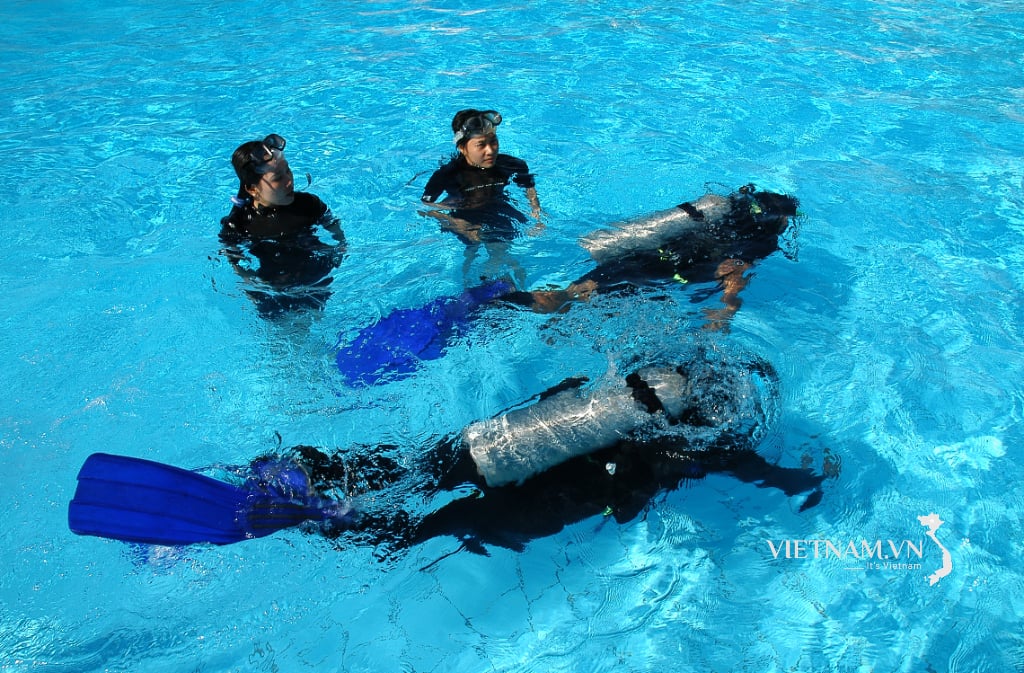


Comment (0)